Thought I’d finally write a review of BioShock…
Like most people, I found BioShock to be an outstanding game on many levels. The graphics were superb, the enemy AI well done, the combat system inventive, and the story was engaging and often made me think. One of the strongest features of BioShock was the immersive environment. Every level had a hand crafted look that was both beautiful and often poignantly tragic.
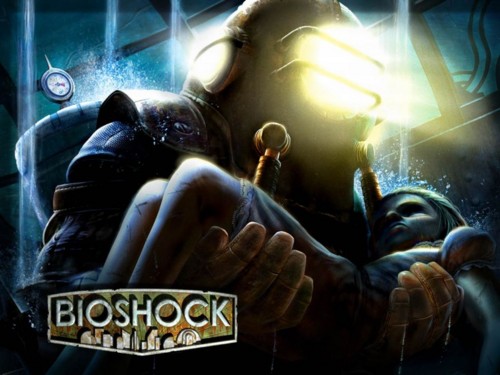
Setting foot for the first time into the alternate 1960’s dystopian underwater city known as Rapture felt special. It had the sense of experiencing something new, perhaps a new generation of first person gaming that would extend the boundaries of immersion, characters, and storytelling. For the most part, the game held up to that promise, however there are a number of areas where I think it fell short or wasted potential for greatness.
The setting of BioShock is really the game’s greatest strength. The city is effectively the biggest character in the game. The back story is of one Andrew Ryan who loathed the state of religious and political oppression in the world and envisioned a self-sufficient underwater city where the best and brightest of humanity could live free from outside interference.
Steeped in Objectivist philosophy and a code of values based on preservation of one’s own individual rights, the game raises many moral and political questions but unfortunately offers few actual choices to the player.
An example of the Ann Rand inspired writing is the opening voice over as the player descends into the underwater city of Rapture:
I am Andrew Ryan and I am here to ask you a question:
Is a man not entitled to the sweat of his own brow?
No, says the man in Washington. It belongs to the poor.
No, says the man in the Vatican. It belongs to God.
No, says the man in Moscow. It belongs to everyone.
I rejected those answers. Instead, I chose something
different. I chose the impossible. I chose… Rapture.
—Andrew Ryan
As previously mentioned, I thought the game fell short in many areas. One of these was the physicality of the city Rapture. The game was effectively a series of sequential levels set in different parts of the underwater city. Rarely did the player ever go back to a previous area. As the player, I could look out the glass windows and see other parts of the city, however there was no way to actually find your way over there.
This lack of physicality and connectedness really detracted from the overall immersive of the game. I so wanted the game to be a virtual play ground where I freely roamed around an extensive multi-connected city. I even had dreams of possibly leaving the city and piloting an underwater craft and experience the city from the outside.
These expectations were not entirely unfounded either. I recall reading an interview with the designer of BioShock where he talked about how the player would be free to follow the main storyline or simply take off in his own direction and explore Rapture on his own terms. This turned out to be very much not the case given the games linear level progression that was tied tightly to the main story.
Something else that reduced my satisfaction with the game was the story twist that took place about ¾ the way through the game. When that happened, I felt that I had been lied to by the game and my connection to the character that had been built since the start was gone. The twist was okay from a story perspective, however it really had a negative impact on me as the player and eliminated any desire to replay the game.
BioShock is indeed a landmark game that will almost certainly be remembered as advancing the state of game play to a new level. I just can’t help feel a certain sense of disappointment because the game could have offered so much more by being open ended. In the end the player really only had one moral choice throughout the entire game which is too bad because there was so much more potential.

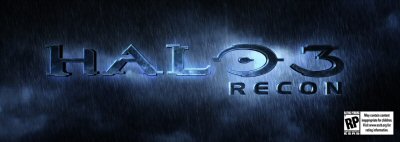
 A few years ago I discovered the most awesome cashews while shopping at
A few years ago I discovered the most awesome cashews while shopping at 


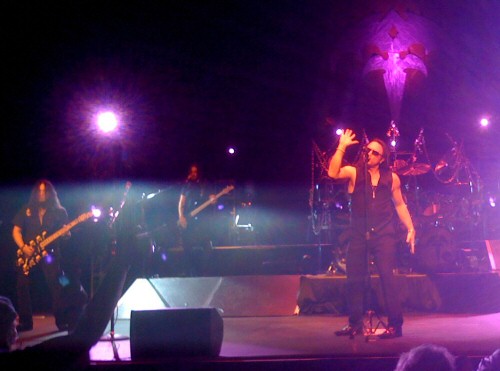
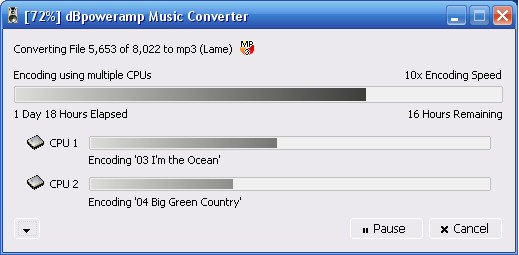
 One of my projects over the holidays was to rip all my music CDs to the computer in a lossless format.
One of my projects over the holidays was to rip all my music CDs to the computer in a lossless format.
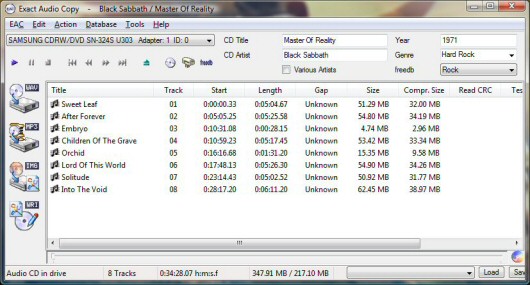
 Any disc that didn’t appear perfect (i.e., no scratches, scuffs, or smudges) was first cleaned with an electric AutoMax CD cleaner/resurfacer and then ripped with EAC. It was a very slow process so at times I had up to 5 computers ripping CDs simultaneously.
Any disc that didn’t appear perfect (i.e., no scratches, scuffs, or smudges) was first cleaned with an electric AutoMax CD cleaner/resurfacer and then ripped with EAC. It was a very slow process so at times I had up to 5 computers ripping CDs simultaneously.





